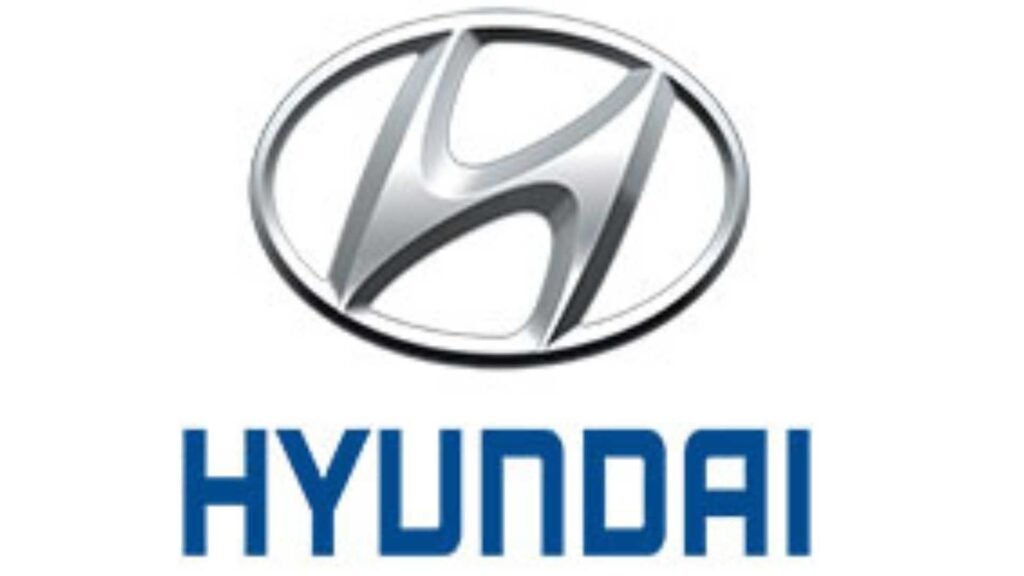Hyundai Motor Co., the world’s third-largest automaker by sales, recently released its financial report for the first quarter of the year. The results reveal a 2.4% drop in first-quarter profit. This news comes in stark contrast to more bullish forecasts from its U.S. counterparts, such as General Motors and Ford Motor Co., which have reported robust profit growth.
Factors Contributing to Hyundai Motor’s Profit Drop

1. Cautionary Outlook and Weak Performance
Hyundai Motor’s cautious outlook and underwhelming performance have raised concerns within the automotive industry. While competitors like General Motors and Ford Motor Co. thrive amid stable pricing and sustained demand for gasoline-engine vehicles, Hyundai finds itself grappling with challenges. This contrast in performance underscores the complexities of the market dynamics Hyundai must navigate. Despite efforts to adapt, Hyundai’s cautionary stance reflects uncertainties and potential headwinds it anticipates in the near term. This cautious approach, coupled with its current performance, underscores the need for strategic reassessment and proactive measures to bolster its competitive position in the evolving automotive landscape.
2. Intensifying Competition
Intensifying competition among automakers poses a significant challenge for Hyundai, amplifying the associated cost burden. As rivals vie for market share and innovation, the pressure to invest in research, development, and marketing escalates. Moreover, amidst global macroeconomic uncertainty, navigating fluctuating economic conditions becomes increasingly complex. These factors collectively weigh on Hyundai’s profitability, necessitating strategic agility and resilience to sustain growth in a fiercely competitive landscape. By closely monitoring market trends, optimizing operational efficiency, and fostering innovation, Hyundai aims to mitigate the impact of intensifying competition and economic uncertainty on its bottom line.
3. Sales Figures
Global vehicle sales for Hyundai and its affiliate, Kia Corp., experienced a slight dip, selling 1.007 million units in the first quarter—a 1.5% decrease compared to the same period last year. This trend reflects the nuanced challenges faced by Hyundai amidst evolving market dynamics. In its home market of South Korea, Hyundai encountered a substantial decline in sales, with figures plummeting by 16%. This decline observed in Hyundai’s second-largest market after the United States is attributed to consumers grappling with surging inflation and a weak economy, underscoring the impact of local economic factors on automotive demand.
Conversely, Hyundai Motor experienced a contrasting scenario in the U.S. market, where vehicle sales surged by nearly 10%. This growth aligns with the performance of other legacy automakers experiencing robust profit growth in the region. The disparity in market performance highlights the diverse landscape in which Hyundai operates and the need for strategic adaptability to navigate varying market conditions effectively.
Moreover, amidst shifting consumer preferences and a growing focus on sustainability, sales of hybrid vehicles globally witnessed a notable uptick, jumping by 17%. This trend reflects consumers’ increasing interest in more affordable and environmentally friendly options over expensive pure electric cars. Hyundai’s ability to capitalize on this growing demand for hybrid vehicles could present opportunities for growth and market expansion in the future, emphasizing the importance of aligning product offerings with evolving consumer preferences.
4. Financial Snapshot
Hyundai Motor reported a net profit of 3.2 trillion won ($2.32 billion) for January-March, down from 3.3 trillion won a year earlier. However, this still exceeded the average forecast of 3.0 trillion won by LSEG SmartEstimate. Revenue rose by 7.6% to 41 trillion won, driven by solid overseas sales. Additionally, weaker local currencies boosted repatriated earnings.
Recovery Strategies
Hyundai Motor’s recovery relies on a multifaceted approach:
Product Innovation: Hyundai aims to drive recovery by investing in innovative vehicle models, particularly focusing on electric and hybrid options. By aligning with shifting consumer preferences, the company seeks to rejuvenate demand and secure its competitive edge in the market.
Cost Optimization: Streamlining operations and managing costs effectively is paramount for Hyundai’s recovery efforts. By optimizing expenses across various business functions, the company aims to bolster profitability and improve financial performance in the face of challenging market conditions.
Market Diversification: Hyundai Motor recognizes the importance of diversifying its market presence beyond traditional strongholds. By expanding into emerging markets and reducing reliance on specific regions, the company aims to mitigate risks associated with localized economic downturns and fluctuations in demand.
Supply Chain Resilience: Hyundai prioritizes building a resilient supply chain to navigate uncertainties and mitigate disruptions effectively. By ensuring the robustness of its supply chain network, the company aims to minimize the impact of global economic volatility and external shocks on its operations.
While Hyundai Motor faces challenges, its proactive approach and commitment to adaptability position it well for recovery. As the automotive landscape evolves, Hyundai’s resilience will be tested, but its history of innovation and global presence bodes well for its future success.
